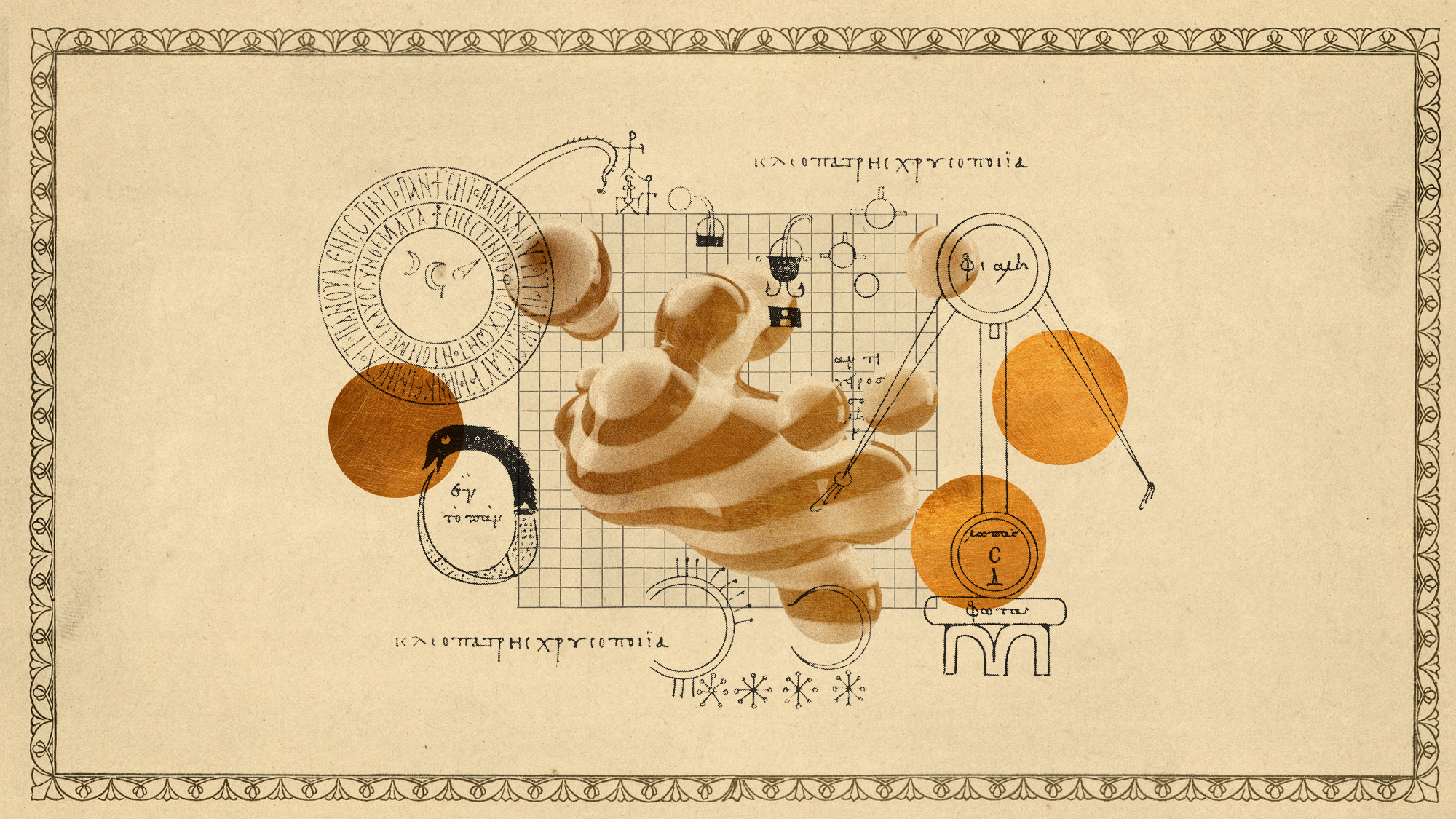Science
Scientists Explore Nuclear Fusion for Modern Alchemy of Gold

Recent advancements in nuclear technology have rekindled interest in the ancient practice of alchemy, specifically the transformation of base metals into gold. Researchers at Marathon Fusion have proposed a method to synthesize gold using nuclear fusion, a concept that has intrigued scientists and the public alike. This modern take on alchemy raises questions about its feasibility and implications for gold production.
Marathon Fusion’s Proposal and Process
At the core of Marathon Fusion’s ambitious plan is the process of transmutation, which involves altering the nucleus of one element to create another. According to Marathon’s research, the process begins with introducing mercury-198 into a fusion reactor, where it is bombarded with neutrons. This bombardment transforms mercury-198 into mercury-197, an unstable isotope that eventually decays into the stable isotope gold-197. The entire transformation is estimated to take approximately 64 hours.
Marathon claims that, if successful, this process could yield up to five metric tons of gold annually for every gigawatt of power generated. Currently, the world mines about 3,500 metric tons of gold each year, suggesting that fusion-generated gold could significantly surpass traditional mining outputs.
Challenges and Skepticism
Despite the promising nature of this research, experts express skepticism regarding the practicality of transforming mercury into gold through nuclear fusion. One major concern is the challenge of creating functional fusion reactors. While experimental reactors capable of generating electricity have been constructed, the technology has yet to mature to a commercially viable stage.
Marathon anticipates that the profits from gold sales could help offset the costs of operating these reactors. Yet, there exists a significant hurdle: scientists are still working to establish the conditions under which fusion plants will produce more energy than they consume. The complexities of managing high-energy plasma within intricate reactor designs add further difficulty to the endeavor.
Additionally, any gold produced through this nuclear process may be slightly radioactive. This raises concerns about safety, as the gold would need to be stored for approximately 14 to 18 years before it is safe for handling. This requirement could hinder the scalability of gold production and complicate the economic viability of the operation.
Scientific Perspectives and Future Outlook
Despite these obstacles, some scientists remain optimistic about the potential of this modern alchemy. Dr. Ahmed Diallo, a plasma physicist at the U.S. Department of Energy’s national laboratory at Princeton University, noted that while the proposal has yet to undergo peer review, there is considerable excitement surrounding the concept. “On paper, it looks great, and everyone I talk to remains intrigued and excited,” he stated.
Dan Brunner, a former chief technology officer at Commonwealth Fusion Systems and an advisor to Marathon, echoed this sentiment, emphasizing that the scientific principles involved appear sound. However, he acknowledged the significant engineering challenges that lie ahead in transforming this theoretical approach into a functional system.
As researchers continue to explore the possibilities of nuclear fusion and its applications, the prospect of modern alchemy remains an enticing yet complex endeavor. Whether this ancient dream of turning base metals into gold can be realized through contemporary science is still uncertain, but the journey promises to be a captivating one.
-

 Lifestyle3 months ago
Lifestyle3 months agoLibraries Challenge Rising E-Book Costs Amid Growing Demand
-

 Sports3 months ago
Sports3 months agoTyreek Hill Responds to Tua Tagovailoa’s Comments on Team Dynamics
-

 Sports3 months ago
Sports3 months agoLiverpool Secures Agreement to Sign Young Striker Will Wright
-

 Lifestyle3 months ago
Lifestyle3 months agoSave Your Split Tomatoes: Expert Tips for Gardeners
-

 Lifestyle3 months ago
Lifestyle3 months agoPrincess Beatrice’s Daughter Athena Joins Siblings at London Parade
-

 World3 months ago
World3 months agoWinter Storms Lash New South Wales with Snow, Flood Risks
-

 Science4 months ago
Science4 months agoTrump Administration Moves to Repeal Key Climate Regulation
-

 Science2 months ago
Science2 months agoSan Francisco Hosts Unique Contest to Identify “Performative Males”
-

 Business3 months ago
Business3 months agoSoFi Technologies Shares Slip 2% Following Insider Stock Sale
-

 Science4 months ago
Science4 months agoNew Tool Reveals Link Between Horse Coat Condition and Parasites
-

 Sports3 months ago
Sports3 months agoElon Musk Sculpture Travels From Utah to Yosemite National Park
-

 Science4 months ago
Science4 months agoNew Study Confirms Humans Transported Stonehenge Bluestones









